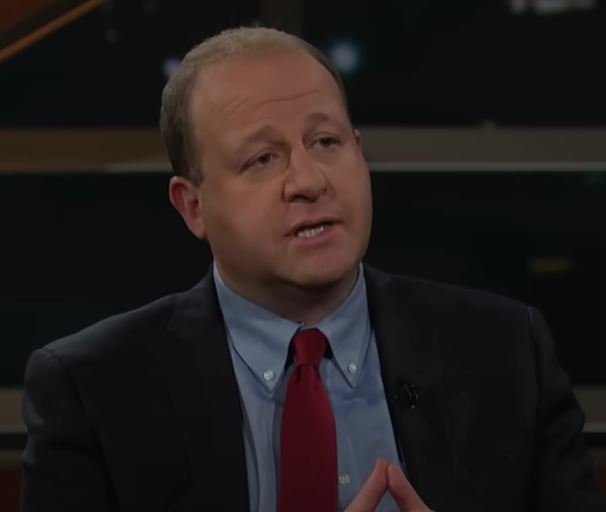Colorado recently passed a law which could set the stage for the expansion of public employee unionization in the Centennial State.
On June 6, Gov. Jared Polis signed into law Senate Bill 111, titled “Public Employees’ Workplace Protection.” The bill passed the House on April 29 by a 43-19 vote and passed the Senate on May 2 with a vote of 22-13.
The governor signed the bill even after personally raising concerns that it could hamstring public employers’ ability to complete their missions and that it provides protections already granted to public employees. In a statement, Polis ordered the Colorado Department of Labor and Employment to “engage in a robust rulemaking process” to clarify how the state could execute the language in the bill.
Opponents of the bill include Colorado Municipal League (CML), which represents 270 cities and towns in Colorado. The organization said the bill was “deeply flawed,” and CML executive director Kevin Bommer said in a statement, “The breadth and scope of the direction given by Gov. Polis in his signing statement prove how deeply flawed the bill is.” He added, “Punting the responsibility to a state agency to determine local employment relations and management decisions gives little assurance to local leaders.”
Bommer pointed out that the bill would allow firefighters to strike, which was not permitted under existing state law. To Bommer’s point, firefighters going on strike could create safety issues going forward for Coloradans.
Union leaders disagreed with Bommer’s assertions. Dennis Dougherty, the executive director at Colorado AFL-CIO, said that opposers of the bill were touting “alarmist misinformation from employers.” The president of the Colorado Education Association (CEA), Amie Baca-Oehlert, noted she was “thrilled” to see the bill through “without fear of retaliation.”
There were several changes between the bill’s initial proposal and the final version, including these:
- Expanding the definition of “public employer” to cover school districts and charter schools
- Defining labor unions as “independent of the employer”
- Noting that public employees can participate in political processes as long as they are off duty and not in uniform
- Outlining the enforcement and investigative processes if a public employee claims the employer violated the law
- Preventing public employers from waiving “any provisions” of the enforcement process
- Providing $151,751 to fund the enforcement of the law
- Specifying the date of the law’s implementation as July 1, unless a referendum is held
The law emphasizes the rights of public employees to join a public union, including county or municipal workers, general assembly staffers, school district employees, higher education employees, public defenders’ officers, University of Colorado and Denver hospital authorities, fire authorities, and members of a board of cooperative services.
AFFT previously reported on the bill when it was first introduced in February.
